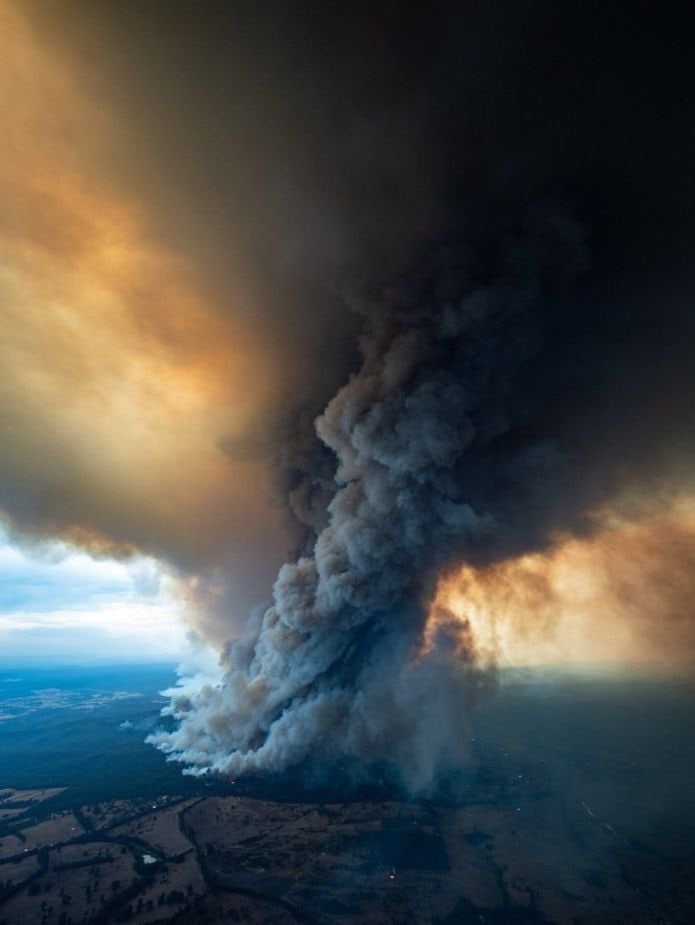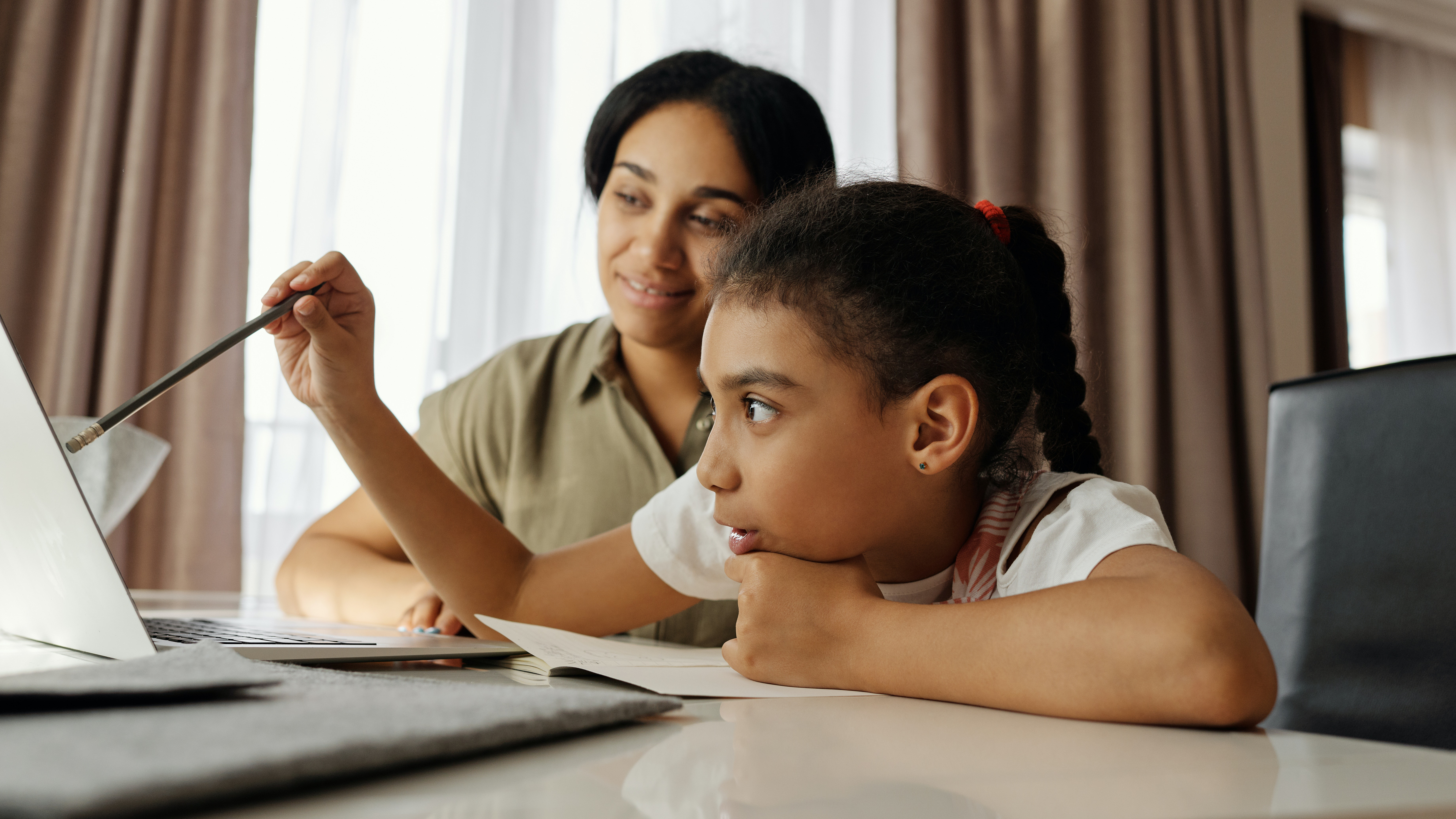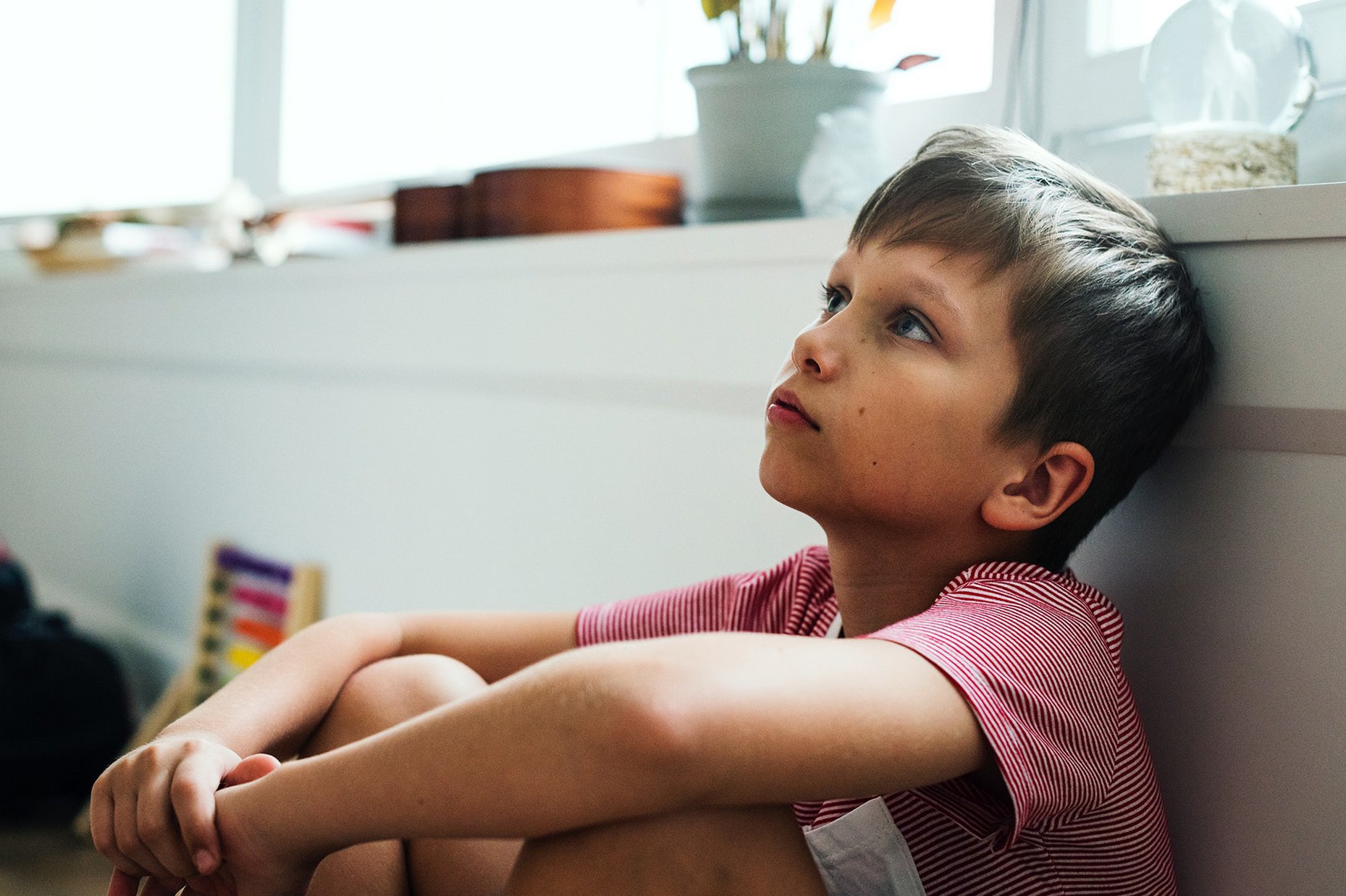With images of distraught families fleeing bushfires, blackened homes, dead animals and smoke-filled skies, it's hard not to be affected by Australia's bushfire crisis.
The emotional toll from a traumatic event can cause intense, confusing, and frightening emotions. And these emotions aren’t limited to the people who have directly experienced the event. Exposure to round-the-clock news coverage and endless social media posts can result in feelings of anxiety, particularly among children.

Research shows that adults can also be traumatised by this constant stream of bad news.
Symptoms of trauma in kids include being withdrawn, more clingy than usual, or reverting to childhood habits such as thumbsucking.
Young people may feel particularly anxious about the bushfires, with research by the Australian Psychology Society, showing many already worry about the impact of climate change on the environment.
Here are some tips to help your family work through the trauma of the recent fires.
Reassure your children that they are safe
The endless stories and emphasis on the size of the fires can scare children as many may worry that their homes and families are unsafe and they too, could be caught in a bushfire. Educate your children on bushfire prone areas and assure them they are safe. If you live in an area where fires may be a threat discuss your plan openly so children know you are prepared should fire ever affect your area.
![]()
Limit media exposure
In this day and age, with news everywhere, we cannot shelter children from traumatic stories. However repeated exposure to graphic media stories is likely to cause fear in children. To avoid your children having to deal with these feelings alone ensure to limit their unsupervised access to television and social media. Instead, make sure you are with children when they are viewing stories and reassure them if they are feeling anxious. Check in regularly with the news, but balance it out with leisure activities that reduce stress.
Focus on positive stories
Highlight to your children the positive stories that have come from the recent fires such as communities coming together; the money that has been raised by celebrities or brands they know and people across Australia and overseas giving what they can as well as the animals that have been rescued. Sharing these stories will give children a sense of hope and understanding of the importance of coming together in the face of tragedy.
Check out: Animal good news stories to come out of Australia's bushfires.
Do something to help
Working to help those affected by the fires is a great way to positively discuss the situation with your kids. Like adults children are likely to feel better if they are given the opportunity to help. This could involve fundraising through a bake sale or lemonade stand, doing craft such as creating pouches required for animals or drawing pictures to send well wishes to firefighters and affected communities.
Spend time as a family
It is important to maintain social routines and spend meaningful time with children in the wake of tragedy. If summer plans were altered due to the fires ensure to still spend valuable time together.
![]()
Look after yourself and seek help if necessary
The way in which parents and carers respond to the bushfire disaster directly influences the reaction in children. If you are experiencing persistent feelings of stress and anxiety, seek advice from your GP or mental health professional.












.jpg)




